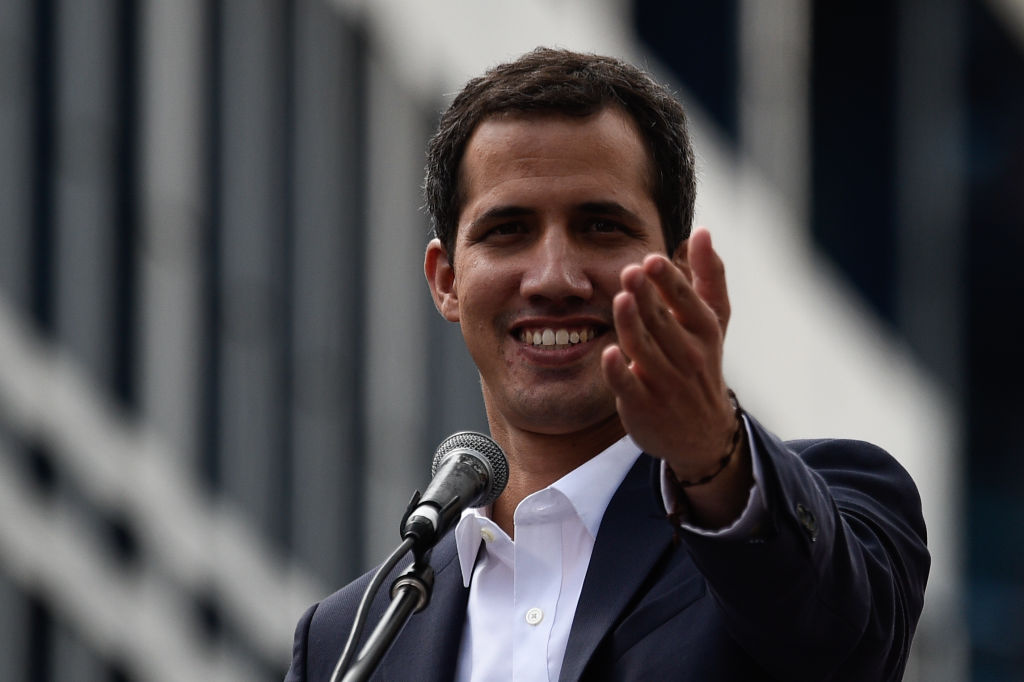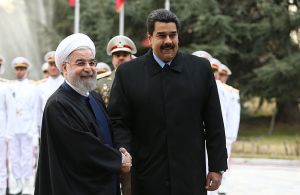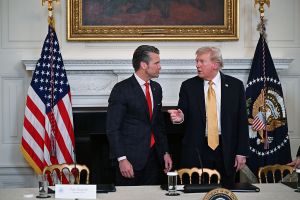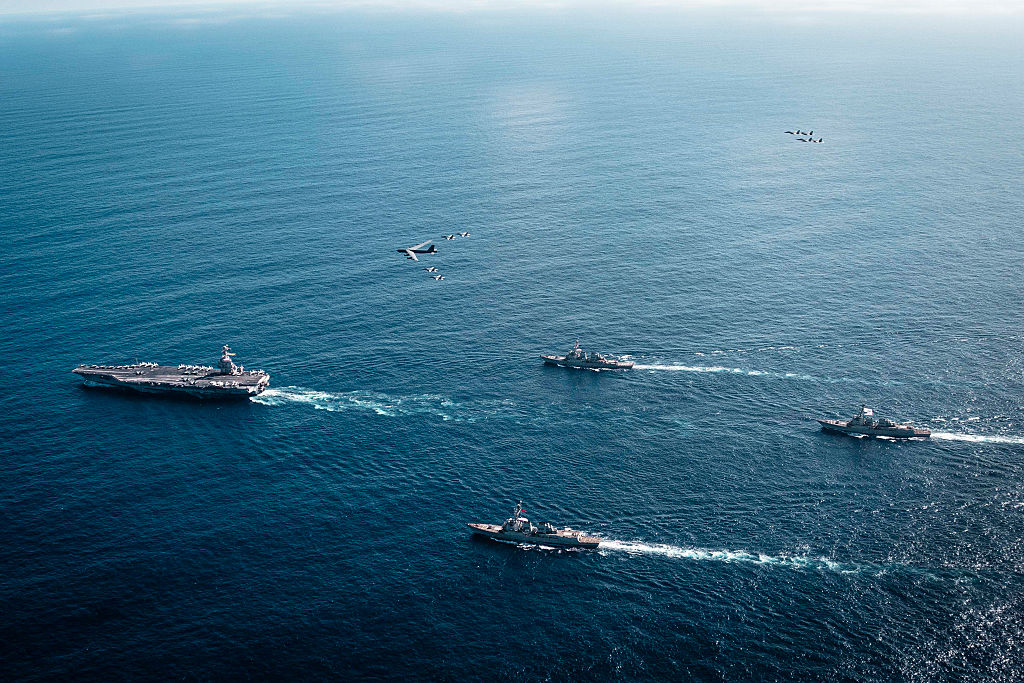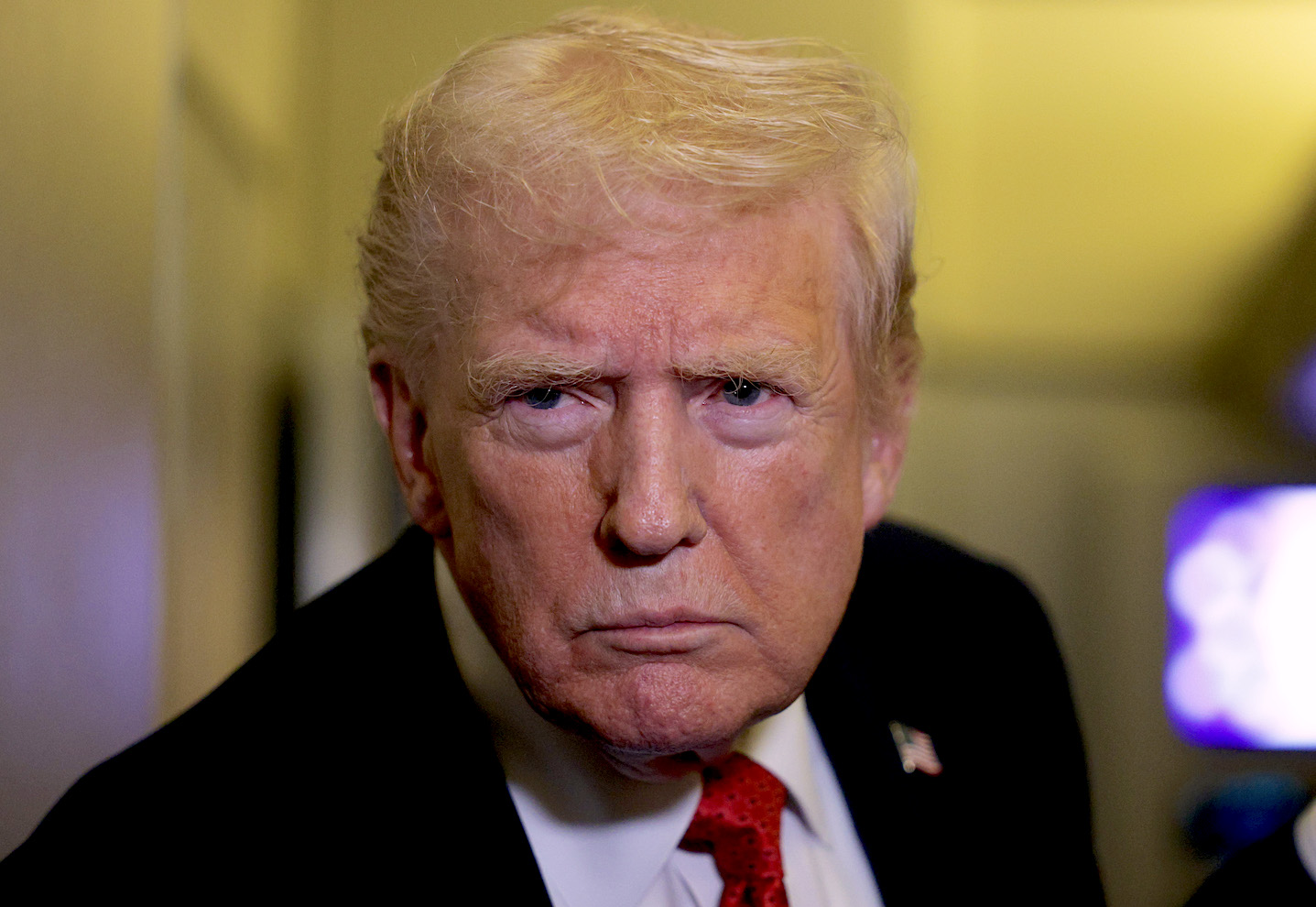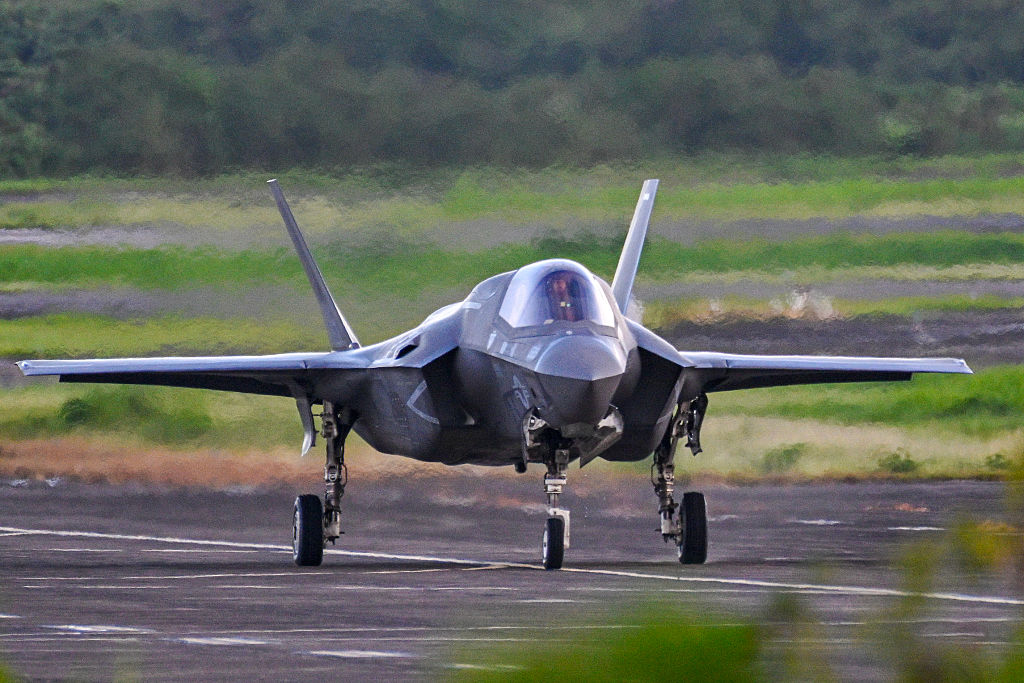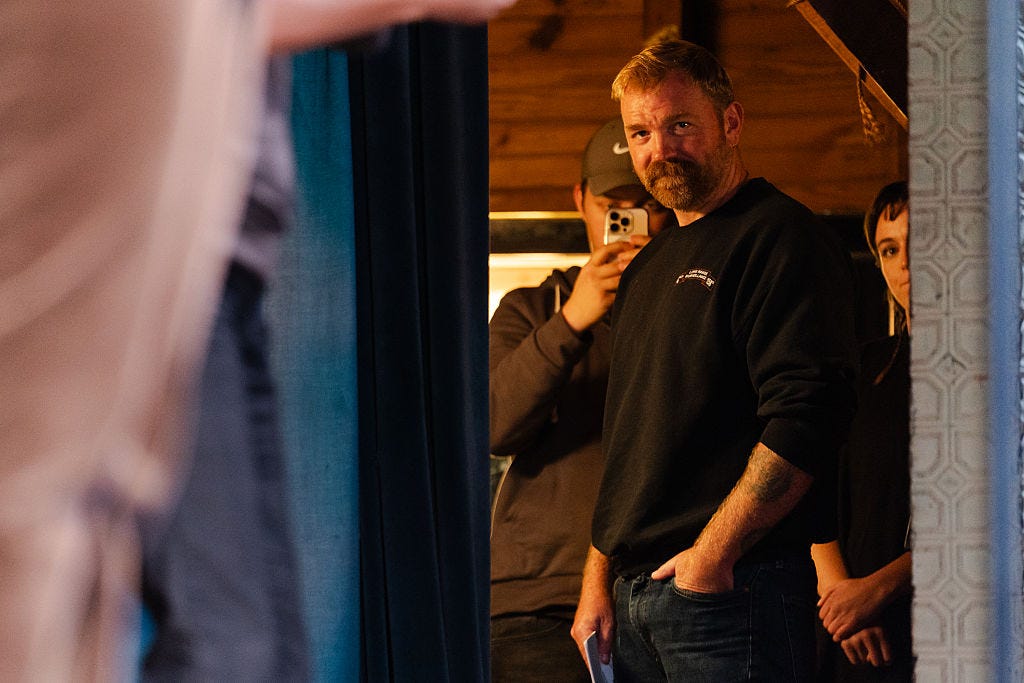Vice President Mike Pence has stepped up US rhetoric against Venezuela’s Maduro regime by declaring 35-year-old Juan Guaidó as interim president – a move which is also backed by Germany, France, Brazil and Canada. Unlike the Caracas protests of 2017 which were quashed by the government through shootings and tear gas, these demonstrations are gathering pace all across the country with local reports of members of the national army starting to side with the people.
Guaidó was a relative unknown until he was sworn in as leader of the opposition-controlled National Assembly earlier this month. A former industrial engineer and leader of the opposition, he has been a long-standing critic of both Maduro and Chavez, calling for protests and the reinstatement of legitimate democracy. So far the contrast between Guaidó and Maduro could not be more stark: Maduro tried to extend his presidency through sham elections which were dismissed by the UN last March whereas Guaidó has been careful to do everything by the book. He has argued that the Venezuelan constitution permits the appointment of the leader of the national assembly as interim president if the position of president is wrongfully assumed. If Maduro stood down, Guaidó would have to hold elections within 30 days by law – something he has committed to do.
The demonstrations he has organized in multiple Venezuelan cities also have a constitutional basis – in Venezuela, a demonstration of this sort is called a ‘cabildo’ (which translates roughly as a town hall meeting) – it holds legal weight and is an important mechanism in enabling Guaidó to mount a legal challenge to Maduro.
At the moment, however, the US have only offered words of support for and no overt promise of military intervention – although the New York Times reported last year that Trump had met in secret with members of the Venezuelan National Assembly to talk about a possible US-backed coup. With the Venezuelan army controlled by Maduro, it is difficult to see how Maduro could be unseated without the threat of military action from an outside player like the US or Brazil, whose president has also been vocal about ending the regime.
There are, however, signs that a domestic challenge to Maduro might be imminent. The National Assembly recently passed legislation to pardon the army if it chose to support the introduction of an interim president. But whether enough momentum exists within the army for this to happen is far from certain: in recent years, Maduro dissenters within the army have been imprisoned, tortured and forced to find asylum and there is widespread fear within its ranks of speaking out against the regime.
What is clear is that Venezuela’s population is becoming increasingly desperate; living standards have deteriorated significantly since 2017. This is a government that has stripped its people of all their resources and livelihoods to the point where they have little to lose in taking to the streets. Those with common conditions like diabetes have no access to dialysis or medication, relying on family to ferry them over the border into Ecuador or Colombia or send medicine in the post from abroad. Monthly salaries and pension payments barely stretch to cover one weekly shop because of hyperinflation and hijackings and kidnappings are so prolific that people in the cities do not venture into public spaces alone or go out after dark. Worst of all, its citizens are going hungry: Venezuelans lost an average of 11 kg in 2017.
If Guaidó succeeds and his commitment to democracy proves genuine – both big ifs – then he will have a monumental task on his hands. The Maduro regime has mismanaged and exploited the economy to catastrophic effect. Most young people with the means and skills to do so have already left the country. The remaining population’s subsequent reliance on black markets for currency, food and medicine will not be undone overnight: mafia-esque gangs have become both prolific and powerful in every major city and this will take some undoing.
It is also worth remembering that the Chavez presidency that preceded Maduro started off with plenty of benign intent. He was democratically elected on a platform of providing more employment opportunities for the poor, which initially he delivered through scholarships to study abroad and jobs in state-run companies. One has to hope that the US, in backing Guaidó, have done their research. He is a relative unknown expressing all the right sentiments with a commitment to doing things by the book. But, however good his intentions are, this is a country with an uphill struggle ahead and a dictator who will not go quietly.



